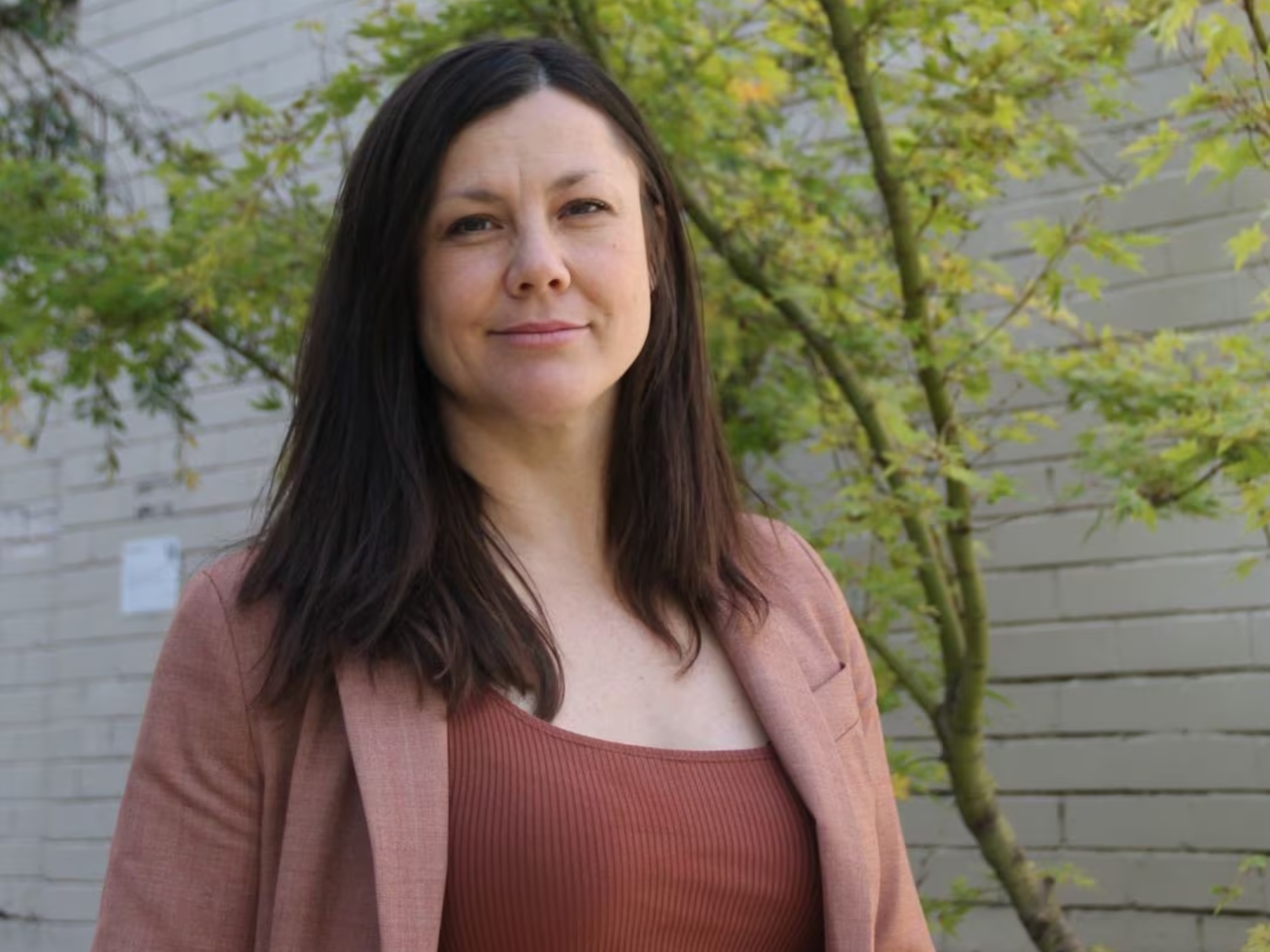Program allows children’s voices to shine
A pilot study shows how after-school-hours care can play an important role in building children’s wellbeing and social connection. The program involves children in the design process and gives them a voice and role to shape their own experience.
Children are learning to build their wellbeing and meaningful social connections through a unique study that fills a crucial gap in Outside School Hours Care (OSHC) across Australia. OSHC is the fastest growing childhood education and care sector in Australia. In 2020, the Productivity Commission reported the OSHC system supporting nearly half a million Australian children. A NSW Department of Education review found OSHC programs have the potential to become places where children’s wellbeing is actively supported.
Connect, Promote and Protect Program (CP3) is the first co-designed social connection and wellbeing program specifically for primary school aged children (five to 12 years old) in after-school-care settings. CP3 is a partnership between the University of Sydney’s Brain and Mind Centre and Uniting NSW.ACT.
“After-school-hours programs are an important service for many Australian families,” said Dr Alyssa Milton, the study lead from the University of Sydney’s Brain and Mind Centre, and a Life Course Centre Research Fellow.

“CP3 is special because it allows children’s voices and needs to shine, the program is in their language and on their terms.”
“In our mixed methods process evaluation, we found the pilot program not only significantly improved the children’s pro-social behaviours and reduced peer problems as measured by the Strength and Difficulties Questionnaire, it also highlighted that the program made families, educators and volunteers feel connected to their community. This is important as social connection is a key determinant of wellbeing.”
Building community. Seeing results.
Children and educators in the CP3 program work together to create unique activities that promote social and community connections, and their resilience and wellbeing, which included social, emotional, cognitive and physical domains of wellbeing.
Children are involved in the decision-making process and encouraged to take ownership of their wellbeing. The co-designed activities are tested by children, volunteers, educators and families, and based on feedback, one activity is then selected to become a full-length program.
Each program is community driven so each participating Outside School Hours Care community creates activities tailored to their specific needs. There has been a diverse range of activities suggested, from robotics, coding, cooking, dancing and knitting hats for people experiencing homelessness.
Uniting’s CP3 coordinator Kristin Ballesteros said she was completely blown away by the positive reaction to the program by the children.
“A woodwork activity was so successful that next term volunteers and families in the local community supported the children to build a chicken coop. The addition of baby chicks and an incubator allowed them to witness the hatching process.
“Even through COVID lockdowns, the program let the children remain socially connected online transforming it into an educational experience that nurtured fine motor skills, caring for animals, understanding how pets can improve mental health, and fostering collaboration and communication skills.”
The first round of results is published in JMIR Pediatrics and Parenting. Since the pilot study, the CP3 program has now been rolled out across 12 rural, regional and urban OSHC locations in New South Wales.
“When Uniting first partnered with the University of Sydney, we held a joint vision and dedication to exploring new ways to support children’s wellbeing in the often ’missed middle’ years,” said Ms Ballesteros.
“With the pairing of the University’s mental health research expertise and Uniting Early Learning’s commitment to children, the CP3 team has been able to discover and test the very first OSHC specific wellbeing program. From here, our partnership and the CP3 program has grown. We hope the research delivers not only an evidence informed program but that our work in this area will also spark an interest and greater investment into the OSHC sector as a whole.”
Declaration: Refer to the published paper for full details. The study was funded by a benevolent grant from Uniting NSW.ACT. Ongoing CP3 research and write-up of the manuscript was funded by a Partnership Grant from the University of Sydney’s Brain and Mind Centre. Dr Milton is supported by the Australian Research Council Centre of Excellence for Children and Families over the Life Course (Project ID CE200100025).
This study was approved by the University of Sydney’s Human Research Ethics Committee. All individuals completed an informed consent process before participating in the research.